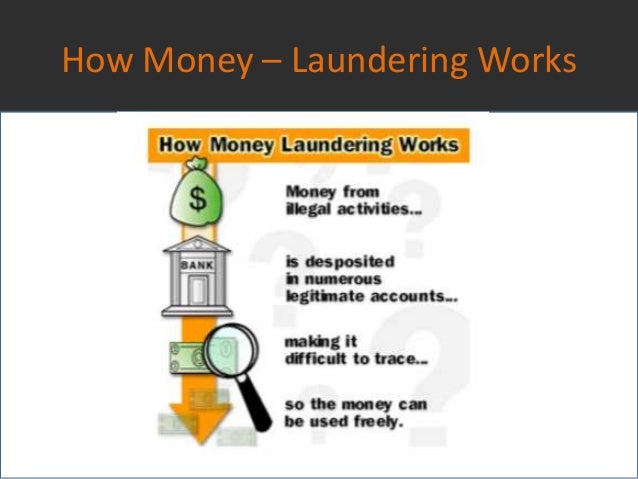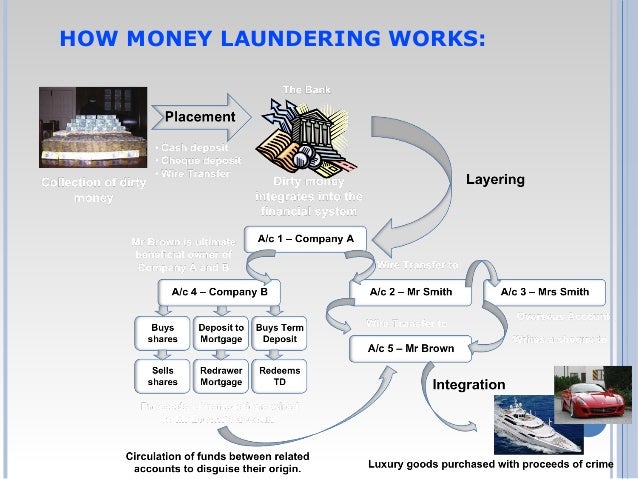2020. 1. 24. 14:27ㆍ카테고리 없음


Apr 12, 2019 Connecting decision makers to a dynamic network of information, people and ideas, Bloomberg quickly and accurately delivers business and financial information, news and insight around the world.
No one would have described Mizu Sushi Lounge in Puerto Vallarta, Mexico as nondescript. It wasn’t a traditional Mexican restaurant by any means. Patrons dined on deep-fried sushi rolls, and washed the quasi-fusion food down with icy glasses of sangria. Mizu hosted anniversaries, birthdays, and — and guests made sure to document each boisterous celebration on Facebook. In fact, more than 500 people 'checked in' to Mizu via various social media platforms, and many gave it high marks on online review sites. It was a place to see and be seen.Until it wasn’t.In September 2015 the U.S.
Department of the Treasury’s Office of Foreign Assets Control (OFAC) deemed five Mexican businesses 'Specially Designated Narcotics Traffickers,' and prohibited any U.S. Company from doing business with them. All five businesses were found to have laundered money in order to provide financial support to Mexico’s Cartel de Jalisco Nueva Generation, an international drug trafficking ring. Mizu Sushi was one of the five.Restaurants involved in money laundering are legitimate businesses with real profits.In gangster films of the '50s, '60s, and '70s restaurants involved in money laundering are often depicted as small operations with few customers. They're nothing more than a facade to hide illicit activities. In reality, though, many restaurants involved in money laundering are legitimate businesses with cooks, a waitstaff, a menu, and real profits.
It’s the intermingling of legitimate profits with proceeds from illegal activities (like drugs or human trafficking), that constitutes money laundering.' Restaurants are a classic way to move money,' says Kieran Beer, chief analyst of the Association of Certified Anti-Money Laundering Specialists. Beer adds that pretty much any cash-intensive business can be used to launder money — laundromats, used car dealerships, taxi services — but restaurants tend to crop up again and again in money laundering cases.Want to know why? Here’s the gist. But first: What is money laundering?Money laundering is the act of disguising the source of money obtained via illegal means. To put it more simply, it’s the act of hiding money; this money is casually referred to as 'dirty' money.' In basic terms, money laundering is when a business has ties or connections to organized crime and suddenly starts to book incredible — or even normal — sales,' says Beer.
'That’s what criminals want to achieve — take dirty money from drugs or human trafficking or another criminal endeavor, and put into the system to make it look clean. Then, they can buy homes and cars, and it looks like the money was made legitimately.'
Professor Kerry Myers, who specializes in forensic accounting and money laundering at the University of South Florida (and also worked alongside the FBI’s money laundering divisions for 25 years), has a similar definition. 'A financial transaction involving proceeds from a criminal activity or designed to support a criminal activity, is money laundering,' says Myers. 'That’s a very broad definition, at least.' How does it work?The first step in this criminal enterprise is to find a business. Then, buy it.' If I’m a drug kingpin, the last thing I would want is one of the waitresses having any idea what I’m doing.'
'Buying a restaurant that’s already in operation would be the easiest way, because it already has employees,' says Myers. The employees don't even have to be aware that money laundering is taking place — in fact, most probably shouldn’t be.
'If I’m a drug kingpin, the last thing I would want is one of the waitresses having any idea what I’m doing. You essentially want it to be a legitimate business.' It isn't necessary that the restaurant being used has a lot of cash on hand, either. 'You could have a restaurant that has very few customers, but is able to open an account with a bank,' says Beer.Of course, if it is a popular restaurant, that can serve as an ideal smokescreen for money laundering.

'You don’t want to pick a front company,' says Myers. 'If I’m going to launder money, I would want a business where, if the FBI or IRS stops by, there are a lot of customers coming and going. That way, the revenues are justified by the clientele.' (That’s why Mizu Sushi, in Puerto Vallarta, was a solid choice through which a drug cartel could funnel its money: It was an active business that seemed to generate pretty good revenue.)The success of a money laundering operation hinges largely on one action: getting the dirty money into the bank. Myers offers an example: 'Let’s say I'm with a Mexican drug cartel. I have a lot of money from selling cocaine. So I want to take the cash from that illegal activity and turn it into clean money.
So, I go out and buy a restaurant. Every day, I collect my restaurant receipts to take to the bank and make a daily deposit. But I also take a major portion of my drug proceeds and mix it in with my restaurant proceeds. Then, I make the deposit. Because I am doing this continually, and as long as the cash stays roughly within ten percent of the same amount every time, the bank won't be as suspicious.
Because you would expect a restaurant to have all that cash on hand. It looks like sales of food and alcohol.'
Money Laundering And How It Works
Once the money is deposited, it is either transferred to tax havens, or used to buy and sell real estate, cars, etc., thereby generating real (i.e. Legal) profits.
Money Laundering How It Works Free
Why use a restaurant?' Money laundering almost always involves cash,' says Myers. 'You can't launder money using a credit card, or a wire transfer, or cashier’s check, because they're traceable. So you are looking for a business with a lot of cash turnover. Cash isn’t traceable.' You expect a restaurant to have that much cash on hand.Like many small businesses, restaurants are cash-intensive.
Bringing large sums of cash to a bank might not necessarily be a red flag, so long as it appears the money is coming from a legitimate business.Also, restaurants aren’t necessarily subject to much oversight. If a restaurateur reports that his sushi spot is always at full capacity (when, in reality, no one has visited in months), the feds will likely be none the wiser. Has technology made money laundering through a restaurant any easier?Actually, technology has made it more difficult to launder money.
'Unless you’re using virtual currency such as Bitcoin, it isn’t easier today today than it was forty years ago,' says Myers. 'In reality, every bank has highly sophisticated software that can flag transactions much more easily than they could in prior years.'
Most major financial institutions have entire anti-money laundering units or departments that constantly look for violations. Banks also cross-check names with those on OFAC lists. The Office of Foreign Assets Control (OFAC) maintains a list of individuals or entities like Mizu Sushi, that have gotten in hot water for money-laundering in the past (terrorist organizations are also included). How can someone get caught?Beer admits that 'it can be tough' to spot a money-laundering enterprise.
One of the best watchdogs of illegal behavior isn’t always the feds. In cases of money-laundering, it's usually banks that are the first to notice.' Community banks, and even a lot of big banks, really know their customers,' says Beer. 'When you begin a relationship with a bank, they might look into your revenue, usually in relation to revenue of other restaurants nearby. If they get suspicious, they could check up on you and find that there’s no one actually patronizing the restaurant.'
Banks are always watching for red flags.A bank employee might also note that a modest business is suddenly booking more profits, but doesn't appear to be using the money to grow the business. 'If a bank sees a restaurant is doing a million dollars in business and the checks they are writing to distributors are much less than that, that’s a concern. If they pay all their vendors in cash, that would be a red flag, too,' says Beer.
'Banks do not want to be accused of having ignored money laundering.' There is a limit to how much money one can launder without drawing suspicion. According to the, banks must file a report any time someone deposits or withdraws more than $10,000 in cash.That’s why, says Myers, a successful money launderer 'will never deposit more than $8,000 or $9,000 a day in cash.' But banks know that people will try to work their way around the laws. So, if someone tries to defeat those regulations by structuring their deposits (depositing $8,000 one day and $9,000 the next, for example), the bank can also file a report.With so many safeguards in place, it’s unsurprising that so many money launderers end up getting caught. 'It would probably be easier to launder money the old-fashioned way,' says Myers.
'By flying into Vegas with a suitcase full of cash, walking down the strip, and purchasing and selling $8,000 in chips at each casino. In effect, you’d be washing the money.' But could you get away with it? Don’t bet on it. E.
